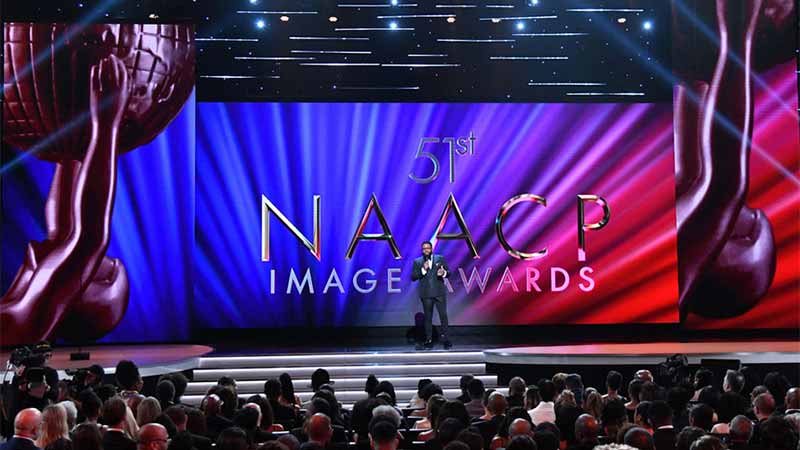
Student voices can be a powerful force in shaping policies and influencing views on higher education.
I know this firsthand because I got my start as an educational equity advocate years ago while a collegiate member of the NAACP, organizing programs that connected the group’s mission to our lives as Black students on the campus of a historically white university.
Those memories came rushing back last weekend as I attended the 51st NAACP Image Awards in Pasadena, California, alongside Black actors, writers, musicians, educators, and philanthropists. It was encouraging and refreshing to hear educational equity as a major theme of the many stories celebrated that night.
Robyn “Rihanna” Fenty was the evening’s superstar, giving a stirring speech upon receiving the President’s Award for her philanthropic efforts in education at the Clara Lionel Foundation. But another star of the show was college student Australyah Coleman, who won 2020 Youth Activist of the Year. Coleman, a senior at Central Michigan University and president of the school’s NAACP chapter was honored for reducing food insecurity on campus and addressing hate crimes in the community.
Student leaders are uniquely positioned as powerfully authentic messengers; they are in the right place to make a real impact. As higher education grows as a priority issue for the 2020 U.S. presidential elections, now is the time to invest in organizations that channel the voices of students to shape the future.
That’s why Lumina Foundation is partnering with the NAACP’s Youth and College Division (NAACP-YCD). With its 193 chapters and nearly 75,000 mostly Black and Latino young leaders nationally, NAACP-YCD elevates and mobilizes student voices on important issues while training students in everything from power-mapping to leadership development.
Over the next year, NAACP-YCD will create a policy agenda and raise awareness of the needs of students of color in higher education. They’ll work with a wide range of stakeholders, enriching policy discussions at the state and federal levels. Their broader mission is to ensure equity and fairness on campuses and beyond.
We’re eager to see what students like Australyah Coleman achieve as they lead the way for all Americans. As Rihanna said in her powerful speech: “We can’t do it divided… The, ‘If it’s your problem, then it’s not mine; it’s a woman’s problem; it’s a Black people problem; it’s a poor people problem.’
“Pull up!” she said. “Imagine what we can do together.”
